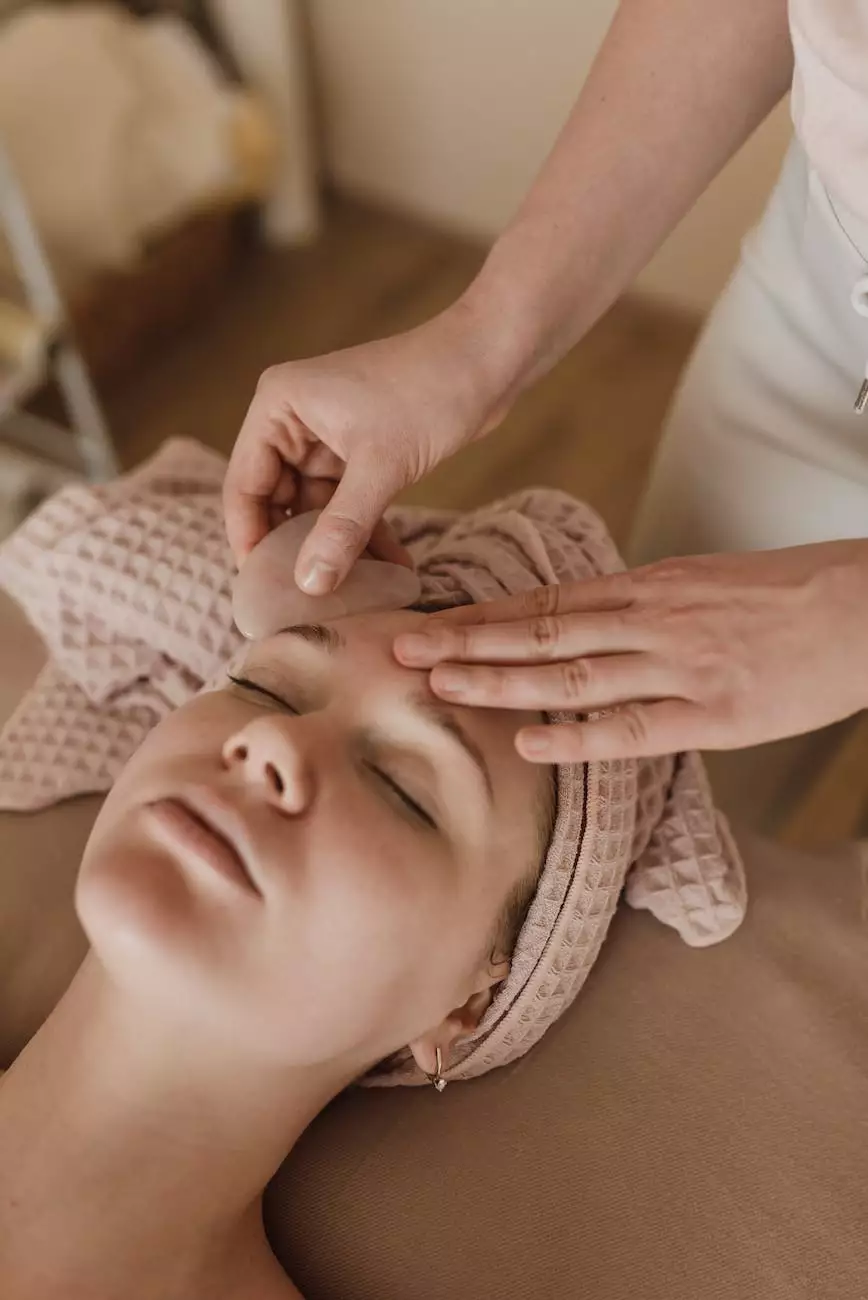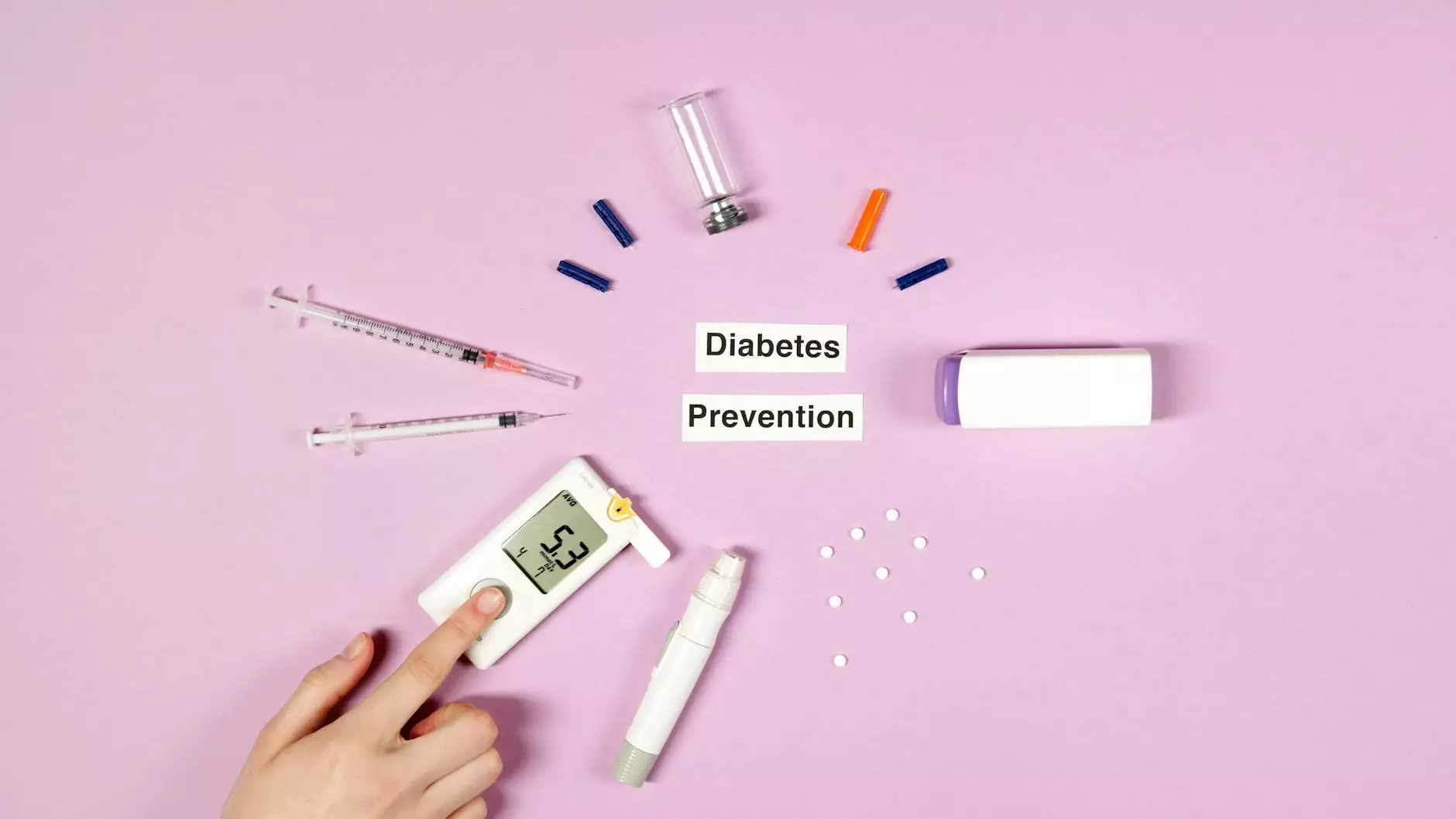Tingling Fingers: Causes, Other Symptoms, and Treatments
Services
Introduction
Welcome to the comprehensive guide on tingling fingers brought to you by Benjamin Shettell, MD, your trusted source for health information. In this article, we will discuss the causes, other symptoms, and most effective treatments for tingling fingers.
What is Tingling Fingers?
Tingling fingers, also known as paraesthesia, is a sensation of numbness or pricking that occurs in the fingers. It is a common symptom experienced by many individuals and can occur in one or both hands. Tingling fingers are often accompanied by a pins-and-needles sensation and can be temporary or chronic.
Causes of Tingling Fingers
There are various causes that can lead to tingling fingers. Some common causes include:
- Peripheral neuropathy: Damage to the peripheral nerves can cause tingling sensations in the fingers.
- Carpal tunnel syndrome: Compression of the median nerve in the wrist can result in tingling and numbness in the fingers.
- Diabetes: Uncontrolled diabetes can lead to nerve damage, resulting in tingling fingers.
- Raynaud's disease: This condition affects blood flow to the fingers, causing them to feel numb and tingly.
- Deficiency in vitamins or minerals: Lack of certain nutrients, such as vitamin B12 or magnesium, can cause tingling fingers.
- Repetitive strain injuries: Continuous repetitive motions can lead to nerve compression and tingling sensations.
- Pinched nerves: When nerves get compressed or pinched, it can result in tingling and numbness.
- Side effects of medication: Certain medications can cause tingling and numbness as a side effect.
Other Symptoms
In addition to tingling, individuals may experience other accompanying symptoms. These may vary depending on the underlying cause but commonly include:
- Numbness
- Burning sensation
- Weakening grip strength
- Trouble with fine motor skills
- Pain or discomfort
- Swelling
Diagnosis
If you experience persistent tingling fingers, it is important to consult a medical professional for a proper diagnosis. During your appointment, your doctor will conduct a thorough evaluation, which may include:
- Physical examination: Your doctor will assess your hand and perform tests to evaluate sensation, strength, and reflexes.
- Medical history review: Detailed information about your symptoms and medical history will help in identifying potential causes.
- Diagnostic tests: Additional tests, such as nerve conduction studies or blood tests, may be ordered to determine the underlying cause of tingling fingers.
Treatment Options
The treatment for tingling fingers depends on the underlying cause. Some common treatment options include:
1. Medications
Your doctor may prescribe certain medications to manage tingling fingers. These medications can help alleviate nerve pain, reduce inflammation, or control underlying conditions contributing to the symptoms.
2. Lifestyle Modifications
Simple changes in your daily routine can make a significant difference in managing tingling fingers. Examples include ensuring proper ergonomics, taking regular breaks during repetitive activities, and maintaining a healthy lifestyle.
3. Physical Therapy
Physical therapy exercises and techniques can help strengthen the affected muscles and alleviate tingling sensations. Your physical therapist may recommend specific exercises to improve hand and finger mobility.
4. Splinting or Bracing
In certain cases, wearing a splint or brace can help alleviate tingling fingers. These devices provide support, promote proper alignment, and reduce pressure on the nerves.
5. Surgery
In severe cases or when conservative treatments fail to provide relief, surgery may be considered. The specific surgical procedure will depend on the underlying cause of the tingling fingers.
Conclusion
In conclusion, tingling fingers can be caused by various factors, including peripheral neuropathy, carpal tunnel syndrome, diabetes, and more. It is crucial to seek medical attention for a proper diagnosis and targeted treatment. Benjamin Shettell, MD specializes in treating and managing tingling fingers, ensuring personalized care and effective solutions. Contact Benjamin Shettell, MD today to regain control over your hand health!




